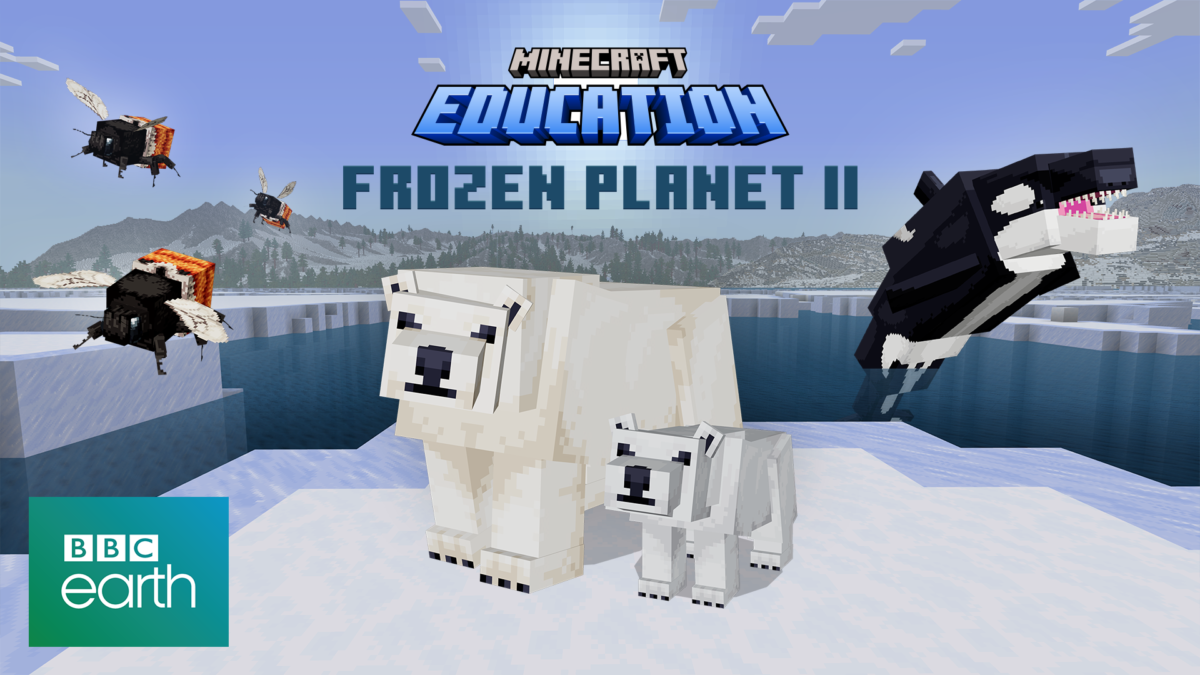
Madeleine Arber
she/herGaming for climate change: Understanding Minecraft Frozen Planet II’s impact on children’s wellbeing and climate awareness
Dr Madeleine Arber is an Australian researcher, based in London, UK. She is particularly interested in how people think and how this translates to actions and behaviours. Her academic background is in social and cognitive psychology. She holds a psychological science degree from the Australian Catholic University and obtained her PhD from the University of Southern Queensland. Her thesis was focused on the link between self-control and intelligence. For the past few years, she has been working at an economic research consultancy, Simetrica-Jacobs. She has worked extensively on the public valuation of arts and culture. Understanding how the public values cultural goods, such as museums and television series, in monetary terms and how these cultural goods can influence people’s behaviour.
Project
In the Frozen Planet II Minecraft worlds, players can explore a 3D world inspired by stories in Frozen Planet II, the landmark series from BBC Studio’s Natural History Unit. Playing as the polar bear, the Lapland bumblebee and more, players learn about these habitats and the challenges faced by these incredible creatures due to climate change. The five worlds have the potential to inspire transformative social action on the younger generations in one of the biggest problems we face as a society today, climate change. The worlds and associated learning resources have been designed to empower children’s knowledge and intention to change their environmental impact, which also aligns with the UN’s Sustainable Development Goal: SDG 13 – Climate Action. I am working together with these super creators to understand the social impact of the Frozen Planet II Minecraft worlds, and the learning resources, on children’s climate awareness, education, and wellbeing.

